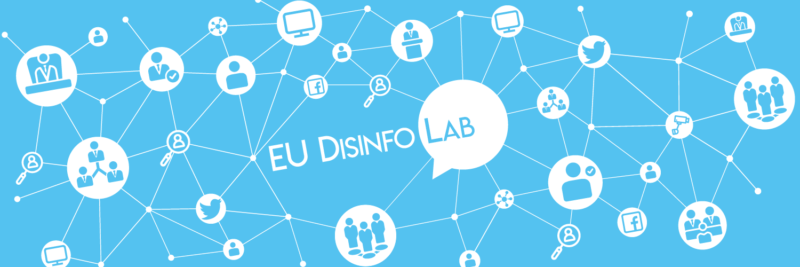On May 28-29 in Brussels, join the community working against disinformation: case studies, civil society initiatives and tools will be presented. Pre-registrations for EU Disinfolab conference are open. Take a look at the agenda.
Facebook attracts an angry audience
A new report of NewsWhip shows the effects of the new algorithms of Facebook. Findings reveal that “Angry” is the top reaction when it comes to politics content and generally, the engagement is much higher than in 2018. On the algorithm matter, Facebook algorithm personalisation has been discussed during DisinfoLab webinar with Facebook Tracking Exposed. A summary will soon be available on our website.
Authoritarian regimes ready for the New Age of Warfare
The man in charge of Saudi Arabia’s campaign to stifle dissent took actions to spy on people he was considering as threats to the kingdom. Today, in this new age of warfare, internet mercenaries battle for authoritarian government by seizing on the tools for darker purposes.In addition, a report by Reporters Without Borders investigates Beijing’s strategy to control information beyond its borders, which is being a threat for journalism and is challenging western liberal democracy more and more.
EU elections
Good, but can do better
After publishing the second monthly intermediate results of the EU Code of Practice against disinformation, the European Commission urges major social media platforms to take further measures. Although delivering good results, the platforms are now demanded to show key performance indicators and to ban fake accounts in order to prevent the spread of disinformation before the upcoming EU elections.
Moreover, the European Council has adopted its Conclusions on securing free and fair elections and fighting disinformation and urges online platforms and social networks to fully implement the Code of Practice and ensure higher standards of responsibility and transparency.
Spain is getting ready for the elections period
A team of 100 officers from the Spanish Ministry of Interior will scour social networks and the so-called deep-web from early April to fight intentionally misleading or wrongful information before, during or after national and European elections.
EU fact checks of the week
- New initiative FactCheckEU, gathering fact checkers from 19 EU Member States will monitor politicians’ rhetoric and misinformation ahead of the May parliamentary elections.
- Another fact checking initiative to keep in favorites: EUFactCheck, led by journalist students. They have recently proven false the statement of the Dutch right-wing leader Thierry Baudet, about the increased homophobia in the Netherlands caused by uncontrolled immigration and open borders.
- A fake news about free brothels coupons for migrants spread from Germany to Greece.
Library
- European Parliament’s Science and Technology Assessment Panel has published a report drafted by EU DisinfoLab on challenges around the automated tackling of disinformation. (Summary available here).
- A study commissioned by the LIBE Committee of the European Parliament shows how strategic political propaganda through social media can cause a threat to the rule of law in the EU and its Member States.
- Instagram’s recommendation engine has let to anti-vaccine accounts promotion.
- In-depth look at whether the so-called “backfire effect” really exists and what it means for fact checkers.
- Bellingcat played “Catch me if you can” on Instagram with a fugitive convict from the Netherlands. Thanks to the help of 60 Twitter users, the location of the criminal was revealed.
Calendar and announcements
Congratulations to DW Innovation, Fraun Hofer, and iLab ATC: their project on audio deepfake detection has been awarded by DNI Fund of Google. Here you can find all the DNI-funded projects.
See all past and upcoming events in our agenda
HR Corner
- EU H2020 project EUNOMIA is seeking for a postdoctoral research fellow in data analytics and machine learning for information trustworthiness.
- The Department of Politics and International Relations of the University of Oxford is looking for a Postdoctoral Research Fellow in Digital News.
- Warsaw Euro-Atlantic Summer Academy have opened its application process for the summer program on the topic of “4Humans, Machines, Politics, Truth”.






